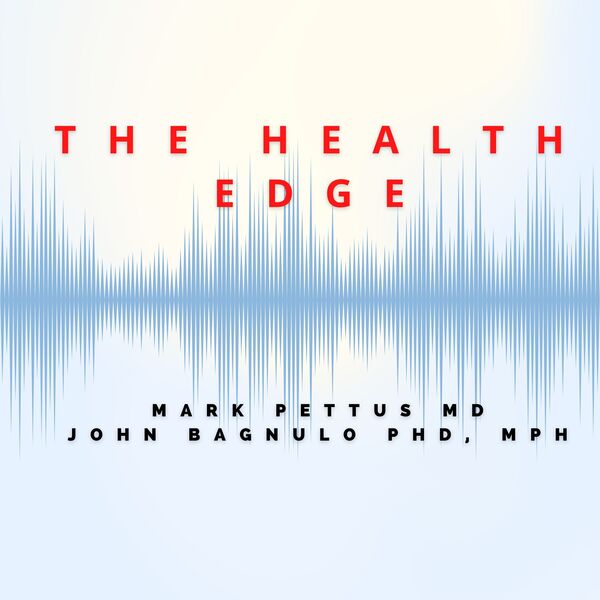
The Origins of Health and Longevity:
A wellness roadmap for thriving in 2018
So much progress has been made and the science of lifestyle is liberating the potential for more effective self-care. Good health requires an ecological lens. We are part of a more interconnected organism.
Dr. Mark Pettus’ presentations can be downloaded by clicking the text beneath the graphics. Download speeds may vary but should not take more than a few minutes.
Origins of Health: Intro-Epigenetics February 8, 2018
Understanding Weight and Metabolism February 15, 2018
Origins of Health Inflammation February 22, 2018
Mind-Body Skills to Lower Inflammationbhscreatinghealth2015
inflammationReferences – Inflammation and Breast Cancer
Anti-Inflammatory Diet/Paleo Principles by Dr. Loren Cordain
Low-Lectin Foods by Dr. Steven Gundry
Origins of Health: Light and health 2018 Slides
Michael Holick MD, PhD Research
The Science of Mind: Allostatic Load and Brain Health – Dr. Pettus’ slides
Origins of Health: Social Connection and Health2018

Origins of Health: Environmental Toxins 2018









13 thoughts on “The Origins of Health Series 2018”